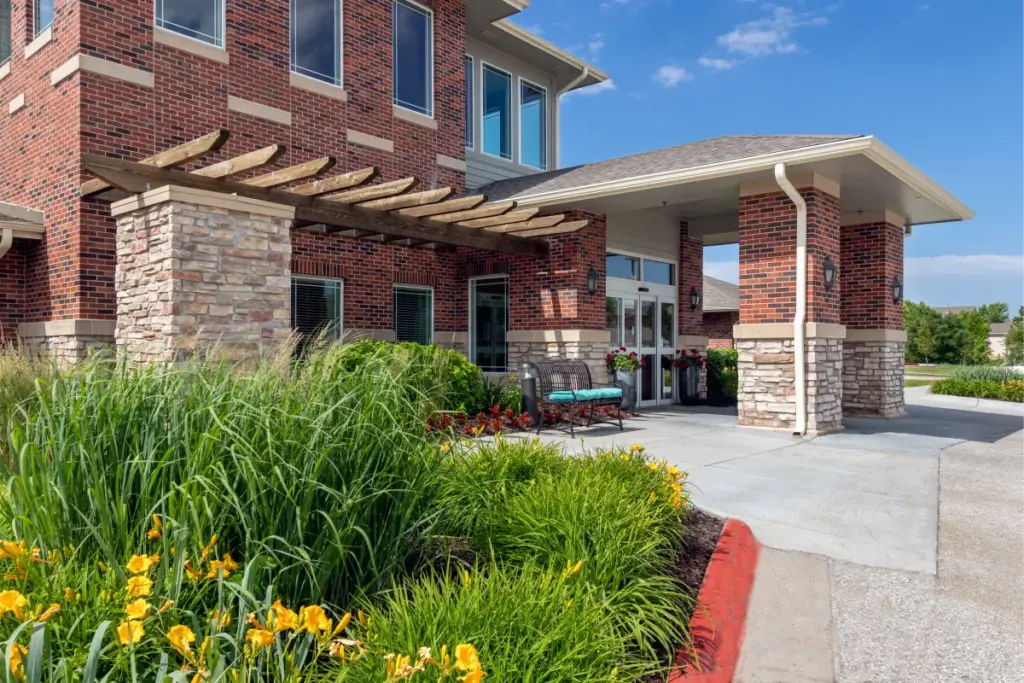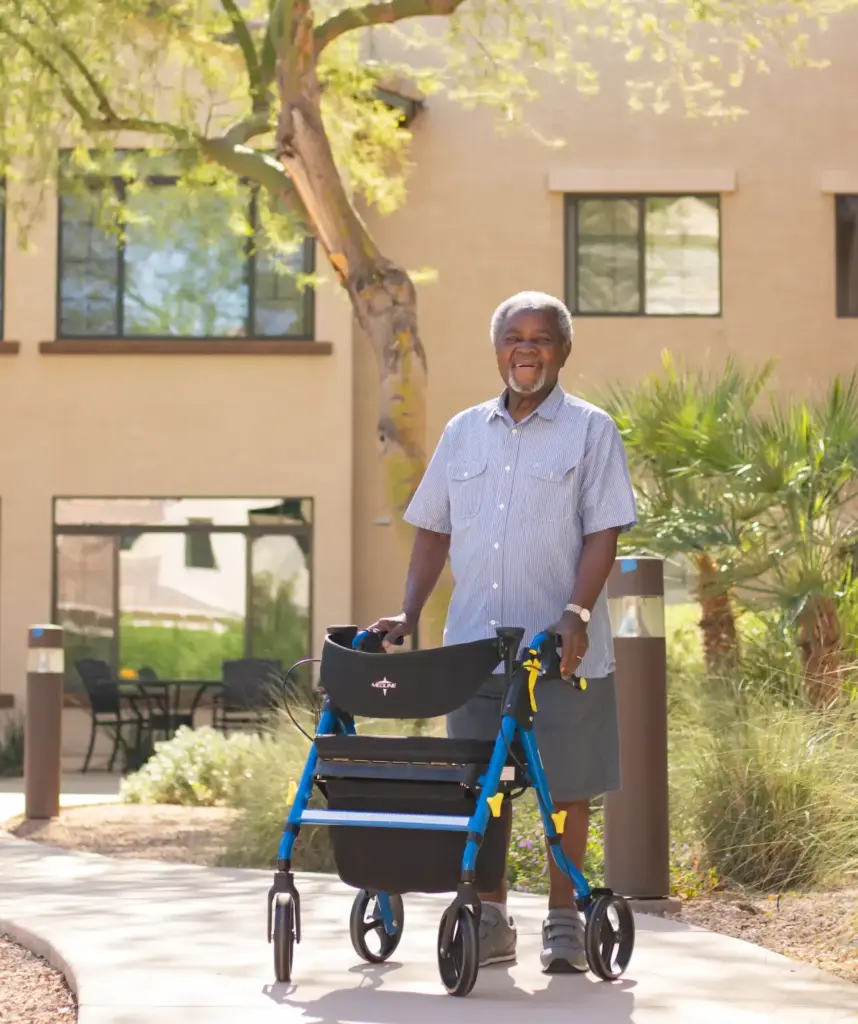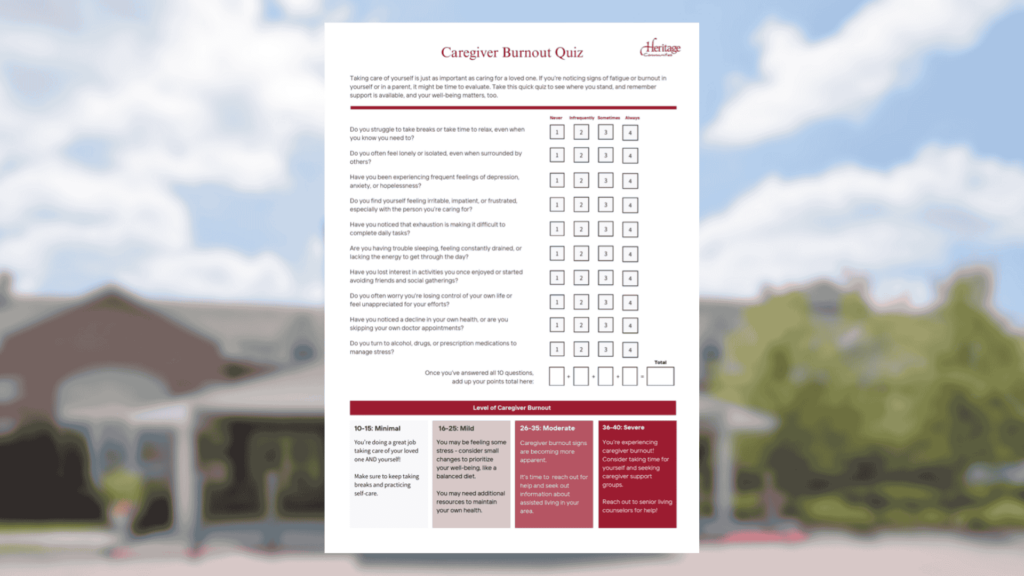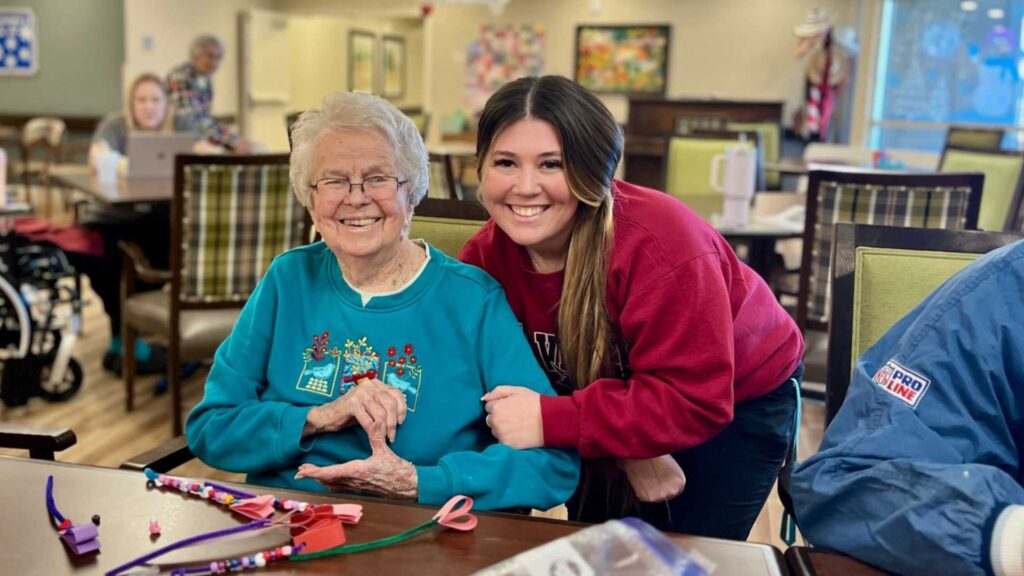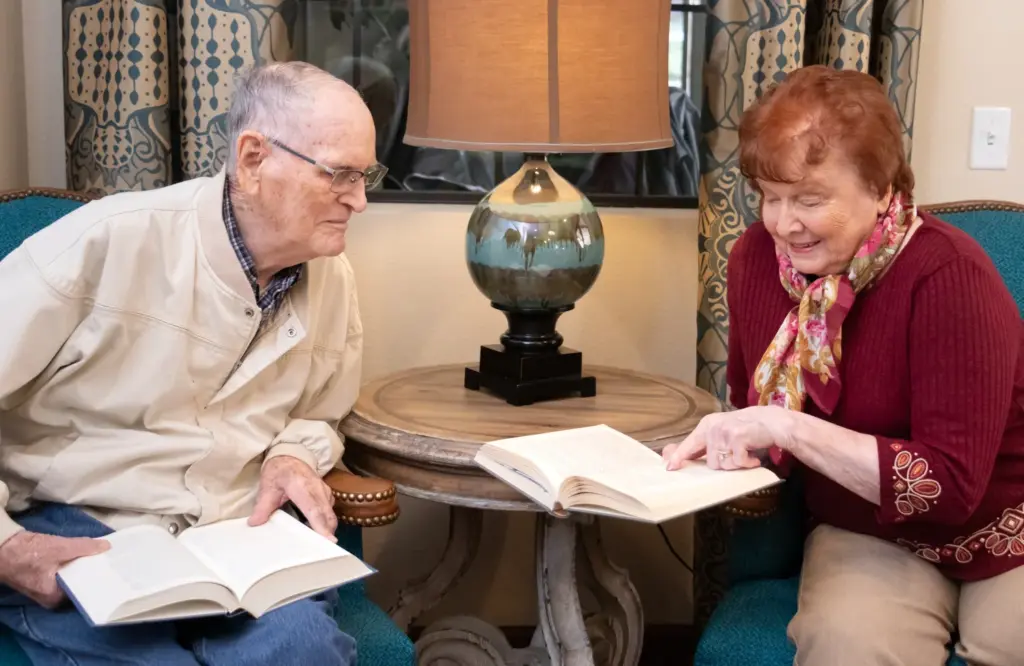Transitioning From Caregiver to Advocate
While transitioning from caregiver to advocate may feel like a very different role, it’s just as important. A few tips on how to make it easier. Anyone who’s been there will tell you: being a caregiver for a loved one is a 24/7 commitment. And when the person you’ve cared for moves to senior living for more intensive support, you also undergo a change; from caregiver to advocate. At Heritage Communities, we understand the challenges families may face during their loved one’s journey through aging and we are here to help everyone involved.

Anyone who’s been there will tell you: being a caregiver for a loved one is a 24/7 commitment. When the person you’ve cared for moves to a senior living community for more intensive support, you also undergo a change; one that involves transitioning from caregiver to advocate.
While that role may feel very different from being a hands-on caregiver, it’s just as important.
At Heritage Communities, we understand the challenges families may face during their loved one’s journey through aging and we are here to help everyone involved.
Tips for smooth transitioning from caregiver to advocate
Pay attention to the way care is provided
You most likely have developed a deep understanding of your loved one’s health status and how their condition affects their daily life. You know their likes and dislikes in terms of schedules, interests, and personal preferences. Be sure to discuss these types of details with staff. Keep watch over your loved one’s routine to make sure they are receiving the care they need in a way that feels familiar to them.
Visit often and at different times
Staff appreciate families who stay involved with their loved ones. The more often you can visit, the better. And varying your visiting time also is a good idea when you are transitioning from caregiver to advocate. Drop in before dinner, late morning, or even right before bedtime. This way, you can meet staff from different shifts and answer any questions about your loved one.
Stay in touch regularly with staff if you live at a distance
It’s hard to not be there in person, but with today’s technology, there are ways to remain in constant contact when transitioning from caregiver to advocate. Check in regularly for status updates and if possible, arrange for a Facetime or Zoom call so you can see your Mom or Dad. Ask a friend or relative to also visit occasionally on your behalf. Let your loved one’s caregivers know you appreciate what they are doing, and that you want to be a helpful part of the team.
Download our free guide, The Family Decision Toolkit.
Keep up with available resources
As an advocate, you have the ability to keep yourself informed on research and news concerning your loved one’s condition. In addition, you want to be sure your family is receiving and using any benefits, insurance or finances that could help pay for care. Sources like AARP, National Council on Aging, National Institute on Aging and Family Caregiver Alliance are good sources for information. Be sure to stay in touch with the senior living community as well for any new developments.
Find different ways to be of help
Even though you’re no longer by your Mom or Dad’s side 24/7, you can still be of great help. If your schedule allows, drop by at lunchtime and assist them with their meal. Take them for a walk or ride in a wheelchair along a path or in a garden. Run errands for them on a specific day. Not only will you provide a positive experience for your loved one, you also will be able to observe what’s happening in the community.
Find a senior living community that truly feels like home
At Heritage Communities, our care team spends one-on-one time with our residents to review their memories, stories and photos, giving us insight into who they are. Where are they from? What was their occupation? Did they raise children? What are their hobbies or talents? What brings them joy? Who do they love?
With a growing understanding of your loved one’s personality, talents, and abilities, we can continually meet their needs, while keeping family or key advisors apprised of changes, challenges, and successes.
For anyone transitioning from caregiver, or who simply is looking for the perfect community and living option, we invite you to discover more about what makes Heritage your first choice.
We redefine living better. You make it your own. Download our free guide, The Family Decision Toolkit. Or contact us today.



